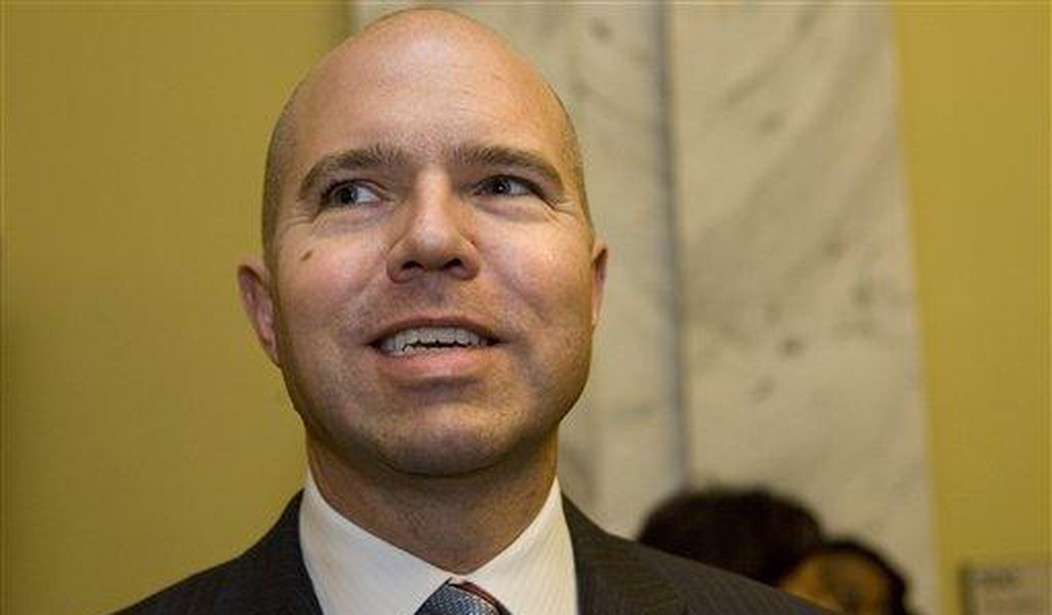A bill proposed by DC Council Member David Catania (I) would provide $100,000 scholarships for low-income students to go to college. Although the bill is gaining wide support, it has many serious problems including scholarships for the wealthy and an unjustified focus on four-year degrees. Here is a list of what must be done before the bill has any chance of success.
1. Remove scholarships for the rich
It makes sense that the grants would be awarded on a sliding scale: the lower the family's income, the higher the potential grant for the child to go to college. However, the high end of the household income scale is far too high: $250,000 annually. Although the cost of living in DC is relatively high, it is impossible to justify spending taxpayer dollars on need-based college scholarships for students whose parents make $250,000 per year.
2. Include alternatives to four-year colleges
The bill does not yet clarify what types of post-secondary education the grant may be used for, the current assumption is that only four-year colleges will qualify.
If taxpayers are going to back a $100,000 scholarship, their money would be better served if the student received a two-year technical degree in web design (annual salary $47,000) instead of a four-year anthropology degree (which not only costs more but pays a median annual salary of $28,000 if you are not one of 10.5% unemployed).
3. Outline a funding plan
The reality is that paying students to stay in bad schools is an unsustainable solution in the long-term. The Washington Post reports:
Scott Pearson, executive director of the D.C. Public Charter School Board, said the measure not only would give a leg up to poor students, but also could be a “powerful antidote” to keep more affluent families – who often move to the suburbs or opt for private schools by the time their kids reach junior high – to stay in the city’s public schools.
Recommended
Until these issues are resolved, it is unlikely that the bill will succeed. Despite highlighting a meaningful problem, DC has a long and difficult road ahead to solving it.
























Join the conversation as a VIP Member